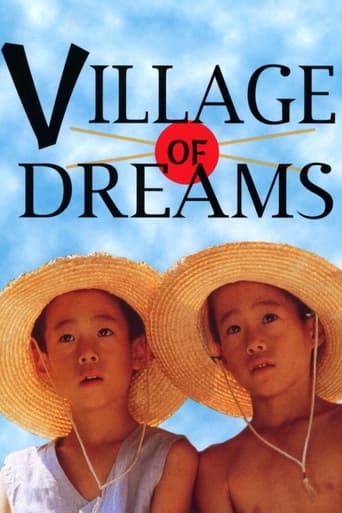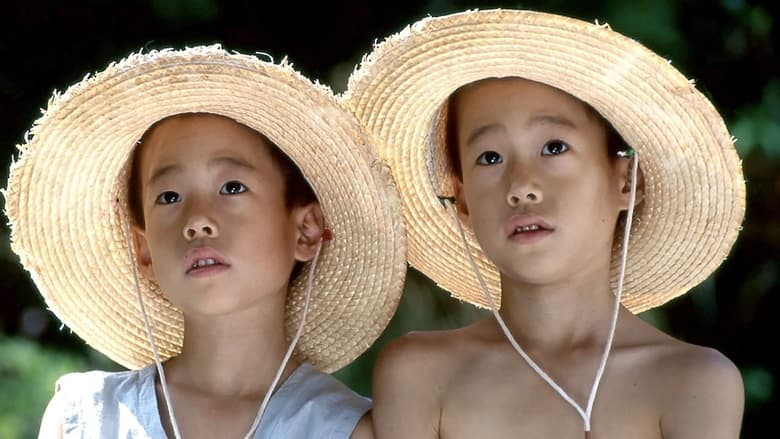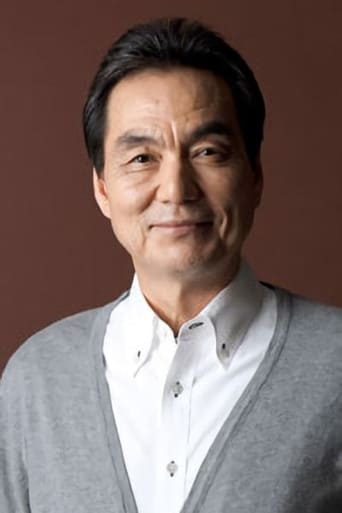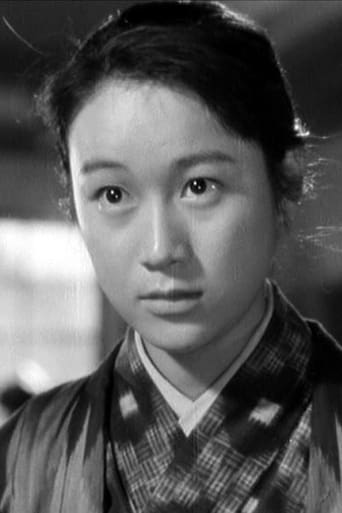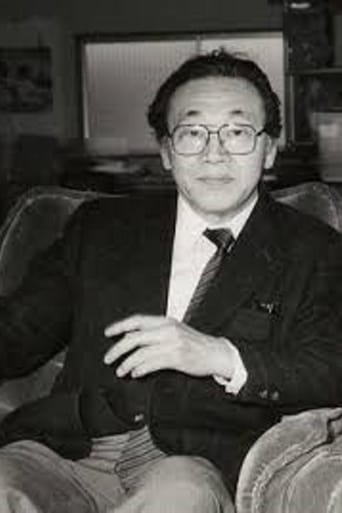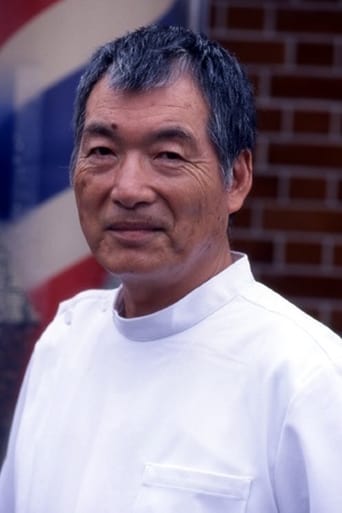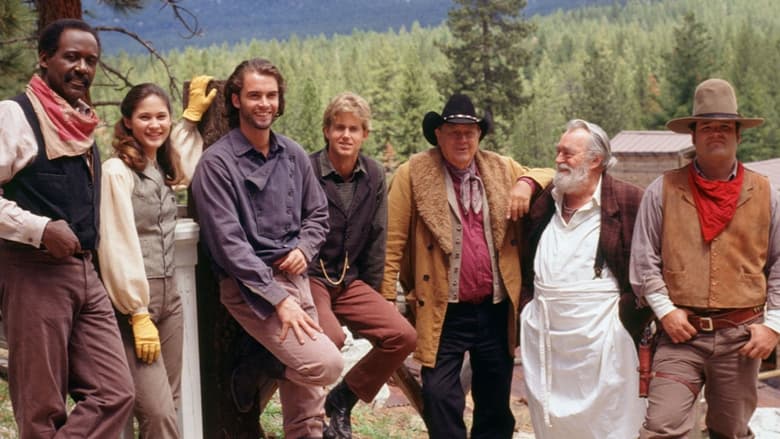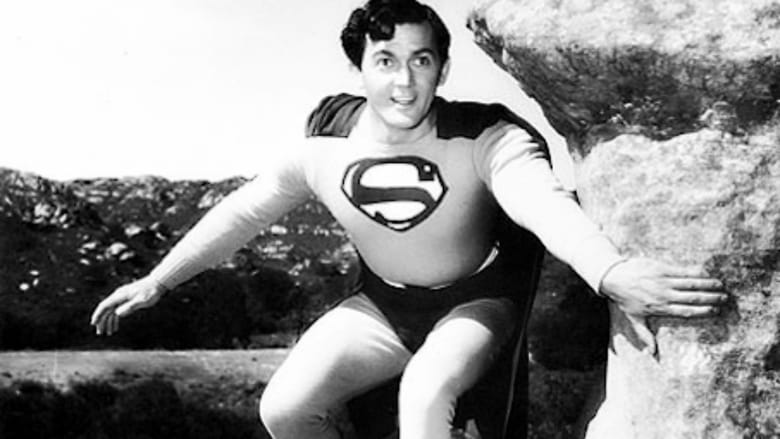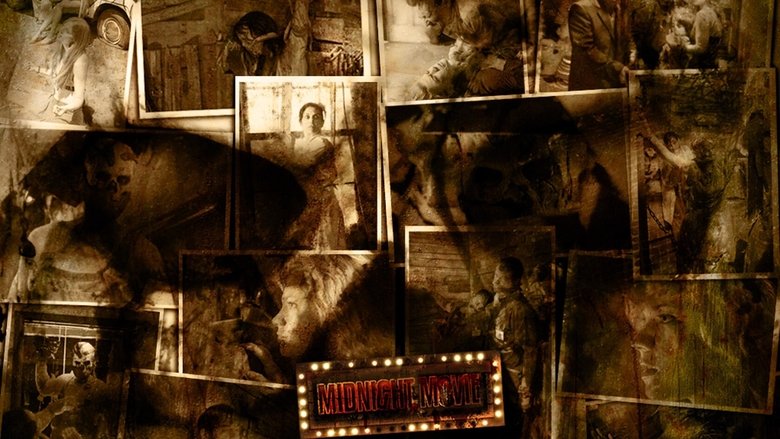Tells of the childhood of two nine-year-old twins in a rural village in Japan after World War 2. Includes the boys relationships with their schoolteacher mother, civil servant father, elderly landlord, a rough new boy at the school, and three mysterious spirits in the form of old women.


Reviews
This is less the story of the twins' eighth year, and more an intertwined set of narratives on Japanese cultural attitudes towards conformity, the state of immediately post-WWII Japanese society, and the spiritual freedom that the twins experienced, and how all these contributed to the twins becoming artists. There are some minor errors in the subtitling, but an intelligent viewer will eventually resolve these in their own mind. Yes, this film is a representation of events in their eighth year, but it is an exhibition of influences rather than a story. All the more charming for it. This full of realism linked with child-like fancy, fantasy, and whimsy.
At the beginning of _Village of Dreams_, or 絵の中の僕の村, the viewer is introduced to the painter Tashima Seizo visiting his identical twin brother Yukihiko who is also a painter. The twin brothers are working on a collection of paintings depicting scenes from their home village which, like many other small villages, has been engulfed by the urban sprawl of progress. The film consists of one uninterrupted flashback depicting the early youth of the twins.With their father constantly away on business, the twin boys reside with their mother, older sister, and a grumpy old man. The boys are picked on at school because their mother is also their teacher. The locals believe that she shows preference to Seizo and Yukihiko because they are her children, but she heaps praise on them and sends their pieces of artwork to contests because they are good. However, this is a sore spot in the community and the locals believe that the mother just has not assimilated herself to life in a small village.The boys also suffer because they are a bit on the small size and, after their mother is forced to leave the school, their new teacher/principal marks them as targets for his random outbursts. However, although they are picked on by both adults and children, the twins do not suffer nearly as much as a poor adopted child named Senji and a poor adorable little girl named Hatsumi who spends her days working in her family's mulberry paper mill. Near the end of the film there is a very touching scene in which a crying Hatsumi, while rinsing her bleeding chapped feet, is taunted by some older boys.The film basically follows the daily lives of the two brothers. They spend most of their days fishing, making eel and bird traps, and avoiding feeding the old man's goat. There are also a couple of scenes in which the boys show interest in the opposite sex, including one in which one of the boys accidentally gropes his older sister while stretching.This film is pretty good, but a bit slow. Would not recommend it to the casual fan of Japanese film, but if you want to watch a heavily nostalgic film, with a touch of magical realism, you might enjoy this one.
This is a truly marvelous little film. The world as seen through the eyes of young Japanese twin boys in a post-war rural village. Full of drama and humor, as well as magical criticism from a trio of old women. Not only an intimate look at childhood but at Japanese life as well. An excellent film.
This is a film about two (very naughty but cute!) twins growing up in the post-World War II Japan countryside. The brothers grow up to become artists, one in Kyoto and the other in Tokyo, and the film is their reflection back on their early school days growing up, around ages 8-10 and living in a sylvan country village. I didn't find the film (which I just saw on video) to be captivating, but it was perhaps worth watching to enjoy a bit of local color and get a sense of what late 1940s rural Japan might have been like. --Dilip 12/30/2001
